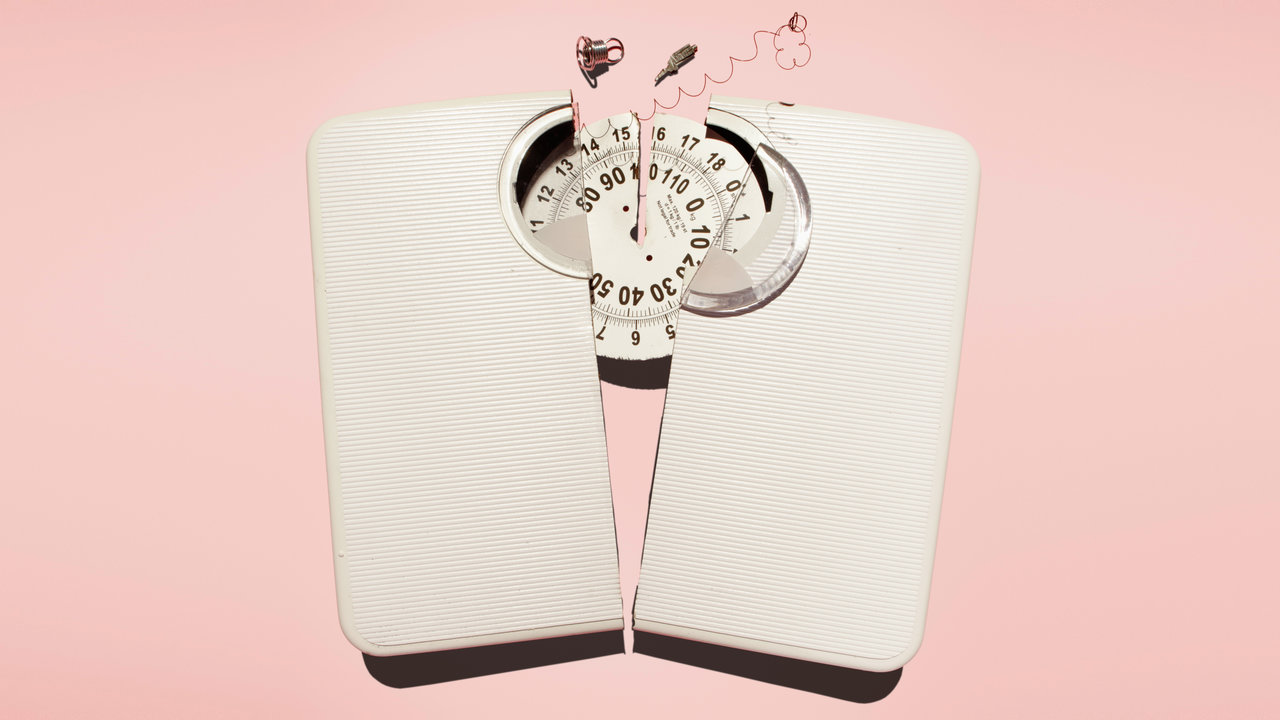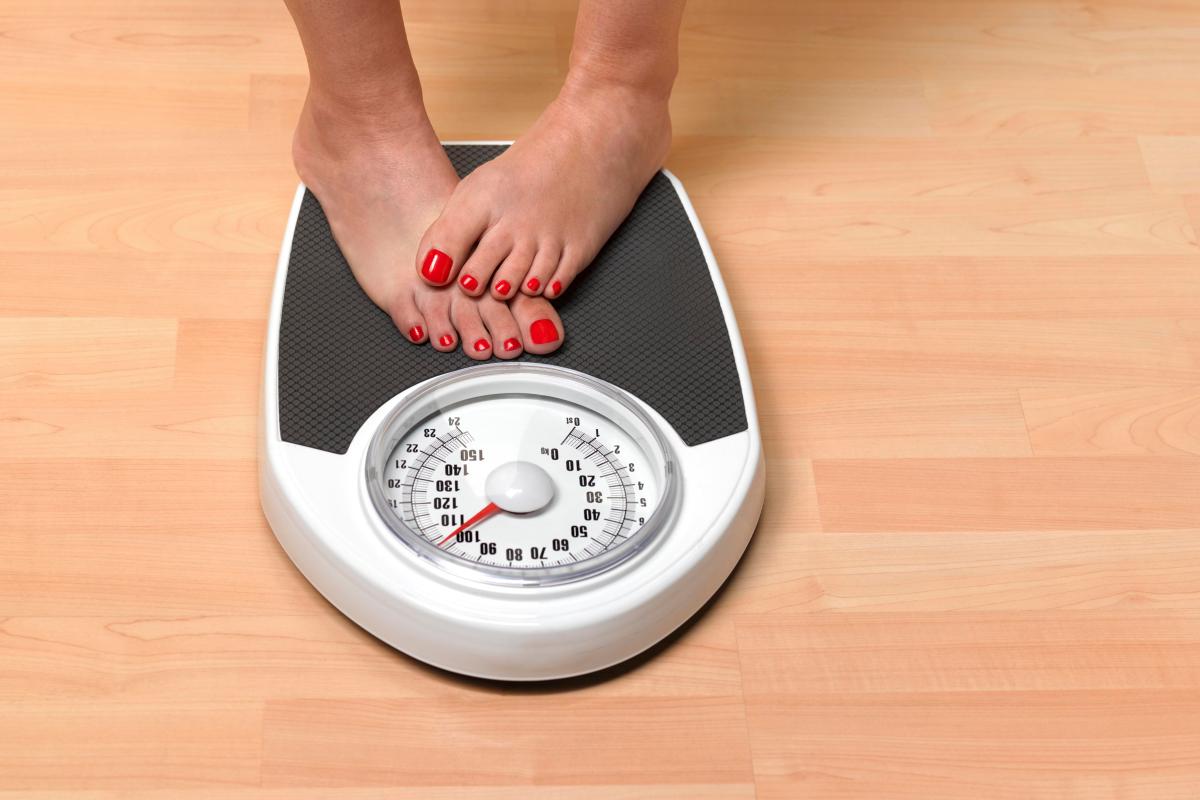If you are trying to losing weight, you need to understand there are right and wrong times to weigh yourself. Nutritional and weight experts will tell you there is the best time to weigh yourself. If you do it at odd times, be assured you will get some skewed readings. Thus, when weighing yourself, use the same scale, weigh yourself at the same time of the day and same day of the week, and put on light clothing. This article will provide a detailed explanation of weight measurement.
The Best and Worst Time to Weigh Yourself
The process of attaining and sustaining healthy goals is continuous. If you have a weight loss goal, having an accurate scale can be of help in tracking that weight loss progress.

1. The best time to weigh yourself
There will be a difference in your weight if you weigh early in the morning or late at night. Doctors recommend sticking to a specific time when weighing yourself. Right after waking up early in the morning, just after emptying your bladder, is considered the best time of the day to weigh yourself. At this time, you are bound to get an accurate version of your weight. Remember that anything you have for breakfast will contribute to your reading and may lead to it being skewed.
2. When to avoid weighing yourself
If you are using your scale to watch your progress, it is vital to know at what times you should avoid the scale.
- Right after workout
After an arduous workout, there is a chance that your body has lost fluids, which are flushed out through sweating. Since you are not hydrated, results may not be accurate. For precise results, weigh yourself before exercising or a day after.
- Right before or during your menstrual cycle
Women are advised to skip the scale during their menstrual cycle. Hormonal changes during menstrual cycles bring about weight fluctuations. This may lead to an increase in weight, and it can make you feel discouraged if you have set goals towards losing weight. Skip weighing yourself immediately before and during your period and resume after the menses are over.
- After a huge dinner
If you weigh yourself at night after a heavy dinner, it is likely that you will weigh more than usual. Extra weight comes from the undigested food and fluids that you have consumed. If you are concerned about the best time to weigh yourself, never do it after having your dinner.
- After traveling on a plane
When you fly, your body experiences fluid and electrolyte imbalances. Dehydration, bloating and constipation is some of the other possible side effects of flying. Right after a flight, you may add one to two pounds. If you want to weigh yourself after a flight, take a lot of water and avoid alcohol or caffeine while in the air, as this will reduce dehydration.
- When constipated
Constipation can cause temporary weight gain. In some cases, you may add up to three or four pounds when constipated. After it's treated, the weight may scale down to normal again. To get rid of constipation, consume plenty of fiber and drink lots of water so that your intestines don't have to strain to evacuate.
- When your scale lies on a carpet
Weighing scales are developed to lie on a hard surface like a floor or a flat place. When you place your scale on a carpet, you will get inaccurate scores. A weight scale is calibrated to work on a hard surface. The tilted surfaces brought about by uneven carpet surface might give you an incorrect reading. For a scale to work efficiently, you need to place it on an even floor for efficient weight distribution.

Tips on How to Weigh Yourself
Keeping tabs on your weight is an essential measure towards attaining a healthy lifestyle. The tips below will provide good advice on how to weigh yourself.
- Use the same scale
It is important to use the same scale when weighing yourself. When you use different scales, you will get different readings. Scales have a 'zero error'- meaning they can indicate a false reading from the true value. If you switch from digital to analog scales or vice-versa, there is a possibility of getting inaccurate figures.
- Keep light clothing
Heavy clothing, e.g., suits, shoes, and coats, can add more pounds to your real weight. It would help if you wore light clothing or weigh yourself while naked to get the right sums.
- Weigh at the same time every day
You may ask when is the best time to weigh yourself? When keeping track of your weight do it at the same time of the day. Stick to the time set on a daily basis, preferably in the morning before doing anything else. Doing this will get rid of fluctuations and biases from weighing while your stomach is full versus an empty stomach.
- Keep a record of your progress
To keep track of your progress, you need to record figures in a book. This record will help you assess whether there is an improvement or change.
- Re-calibrate your scale
Calibrating a scale is a procedure done on scales to test and adjust the response of a scale. When scales are used over a certain period they un-calibrate. To calibrate an analog scale, set it on a flat surface and adjust the needle to zero.
To calibrate a digital scale, you can remove the batteries and put them back. Step on and off the scale, then step it for the third time and wait for a reading. The scale should give you the same reading.
The Final Word
In summary, the journey to losing weight isn't an easy one. A number doesn't define your worth and your beauty, a fact that you should remember every day. You may get disappointed, but don't let the figures on the scale prevent you from pushing to attaining your set goals. Success isn't in losing big numbers but living a healthy life.



